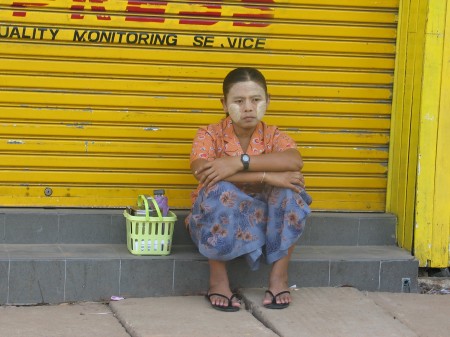
Last week, the EU eased its long-held travel and financial restrictions on four Burmese ministers and lifted the ban on high-level visits to the country. The decision follows the swearing-in of a new government in March and is the first partial reversal of punitive measures against the suppressive regime. So, are things finally heading in the right direction?
It’s easy to suggest otherwise. The elections in November last year were neither free, nor fair. The new, nominally civilian regime is still dominated by the military elite. Praise for Aung San Suu Kyi’s release from house arrest is hardly due, given the regime’s bizarre reasoning for extending her detention in the first place. And ethnic conflicts are still a sad (and under-reported) reality in the resource-rich country. But some subtle changes give hope for restrained optimism. Perhaps most importantly, powers are now distributed more widely. In the past, literally everything – from defense and security issues to social and economic matters – had been controlled by a single, authoritarian leader. Now there are four (partially overlapping) key centers of power: the presidency, the military, the parliament and the Union Solidarity and Development Party.
These changes are not the result of sanctions, but most likely part of Than Shwe’s exit strategy. In an attempt to avoid the miserable fate he imposed on his predecessor, Than Shwe has put in place constitutional arrangements that make it difficult for a single person to emerge as a new strongman.
